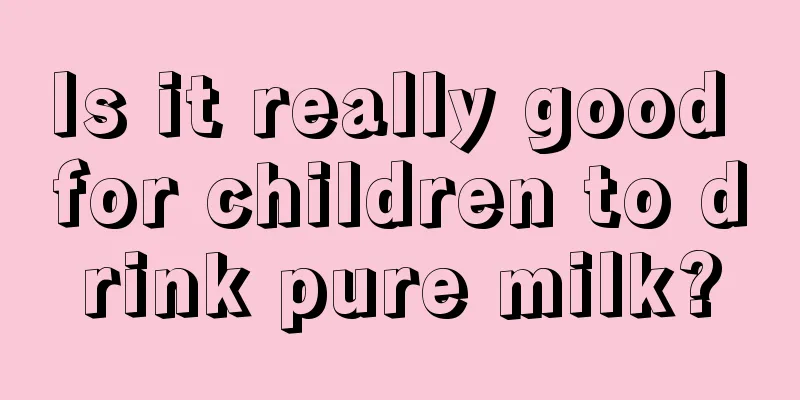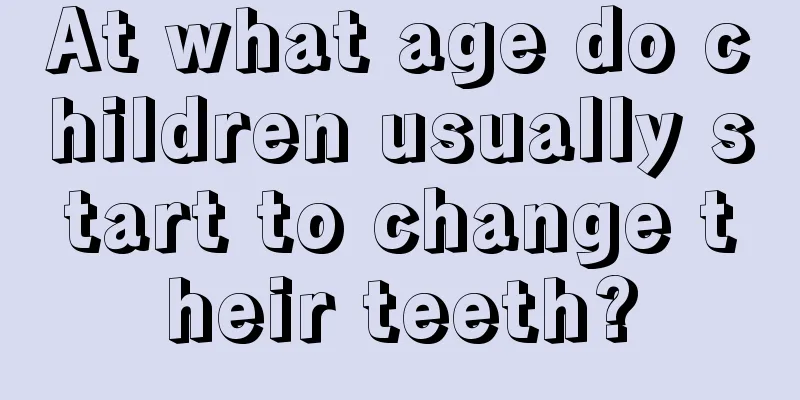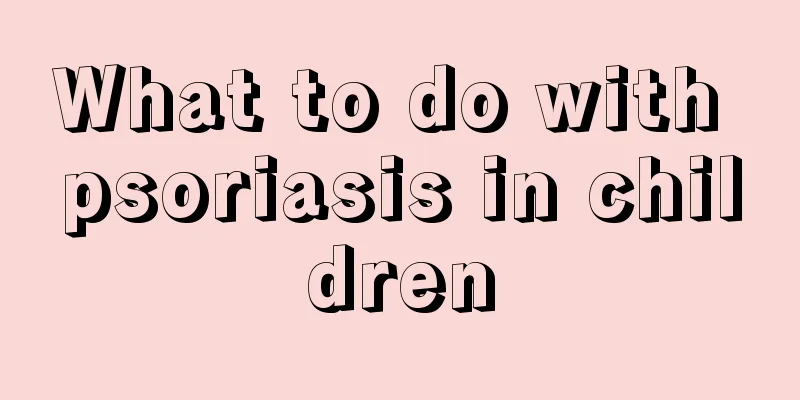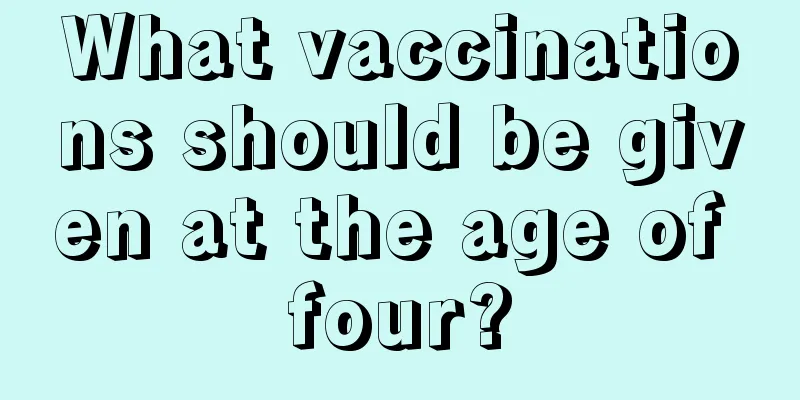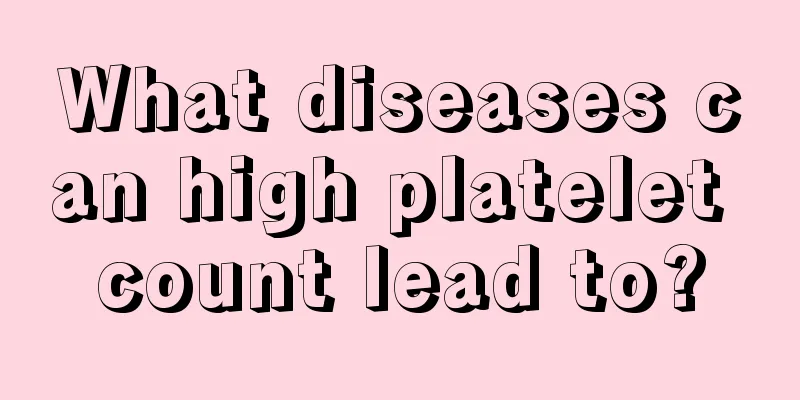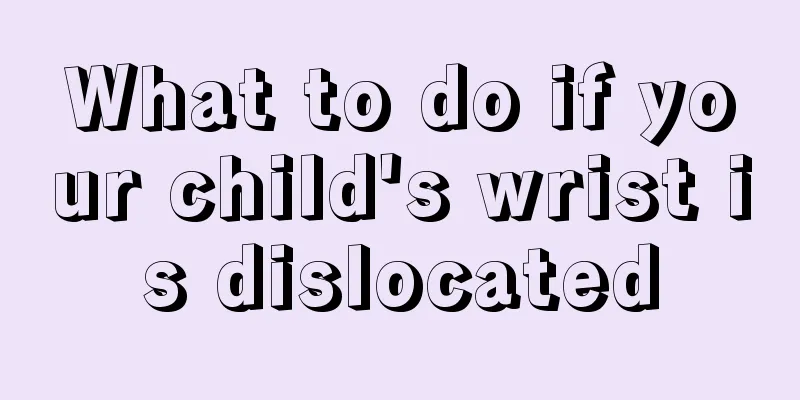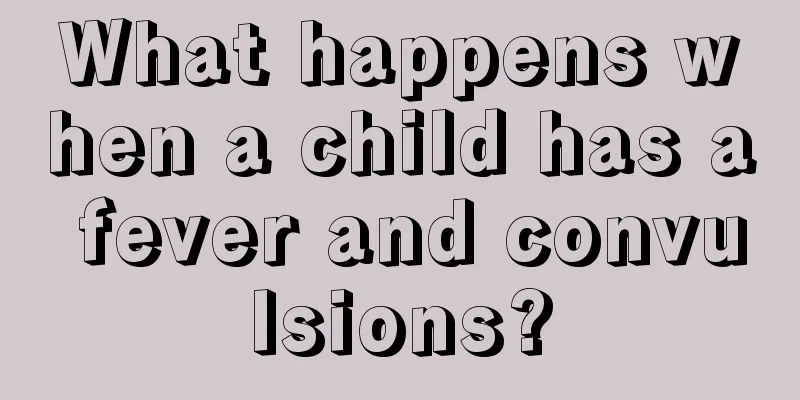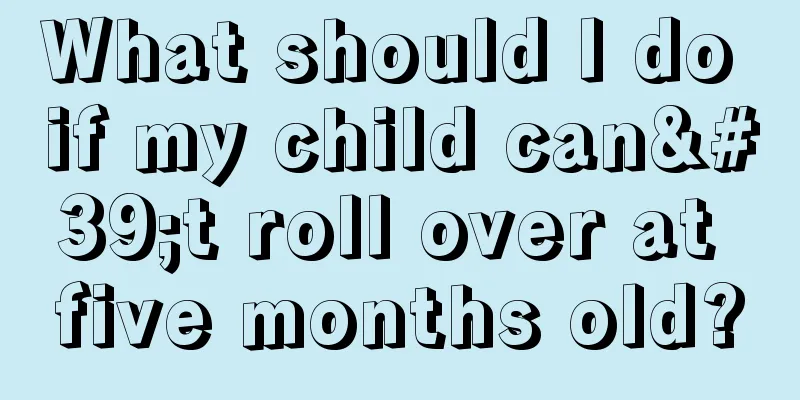Are there any sequelae to childhood encephalitis?
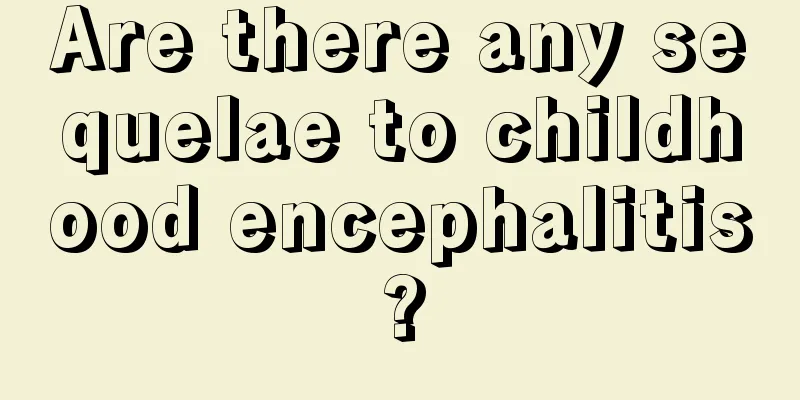
|
Children's encephalitis is generally acute viral encephalitis, which is also a sporadic encephalitis. Many people want to know whether children's encephalitis has any sequelae. There will definitely be sequelae for this type of problem. Children's encephalitis generally has a certain impact on the psychology and intelligence of young children. 1. Psychological problems. Children with sequelae of encephalitis often develop inferiority complex and depression due to the long-term illness. Add to that negative stimulation from society and family, such as discriminatory attitudes, and multiple troublesome problems in growth, education and career. Some children become alienated from the group due to excessive care and protection, which often leads to serious psychological disorders. 2. Intellectual problems. The progressive nature of the disease can also affect intellectual development. Children with congenital rubella encephalitis may develop cerebellar malformations, deafness, and even progressive mental and movement disorders. Rabies virus encephalitis has the highest mortality rate, almost 100%. The prognosis for patients with lymphocytic choriomeningitis, infectious mononucleosis complicated by encephalitis, echovirus encephalitis, coxsackievirus encephalitis, and mumps virus encephalitis is generally good, and most patients can gradually recover. Some children with echovirus encephalitis and coxsackievirus encephalitis may experience limb paralysis, but rarely leave sequelae. A very small number of children with mumps encephalitis may have hemiplegia. Most patients with encephalitis can recover completely, but a few may develop incontinence, and a few cases may suffer permanent brain damage, causing movement disorders, intellectual disabilities, language disorders, learning disabilities, behavioral problems or epilepsy, leading to brain herniation and death. 3. In general , most of the sequelae of encephalitis in children are recoverable, and when the condition is mild, there are rarely any sequelae. When the condition is serious, such as when the coma lasts for a long time or there are frequent convulsions, brain hypoxia and pathological changes will worsen, which is easy to leave psychological and intellectual sequelae. |
<<: Can children's hyperopia and astigmatism be cured?
>>: What happens if there is blood in the child’s poop? Parents should pay attention
Recommend
Baby's toenails thicken
Nails can reflect a person's health status ve...
What should I pay attention to when my baby gets meningococcal meningitis?
Meningococcal vaccine is a relatively common vacc...
What should I do if my baby catches a cold in summer?
Colds and fevers are very common pathological phe...
What causes impetigo in children? This is what happened
The main reason for impetigo in children is bacte...
What to do if your 4-year-old child drools
Children may develop various bad habits. Recently...
How to educate a child who steals?
Why are some children particularly naughty and ig...
My 5-year-old child cannot speak clearly
Most children can speak a few simple words interm...
What to do if your child is thin and short
Diet is related to children's physical health...
Can newborns use humidifiers?
In our lives, many families use air humidifiers, ...
Can babies eat taro if they have diarrhea?
Babies often have diarrhea when they are young, w...
What to do if the little girl has rough skin
Compared with boys, girls generally care more abo...
What kind of milk powder is better for children?
Many babies need to drink some milk powder after ...
How to supplement children's anemia
Anemia in children is a comprehensive symptom. Th...
What causes children to cough and vomit?
Children are prone to coughing when the weather i...
Redness of the outer corners of the baby's eyes
Babies' immunity is inherently much weaker th...
